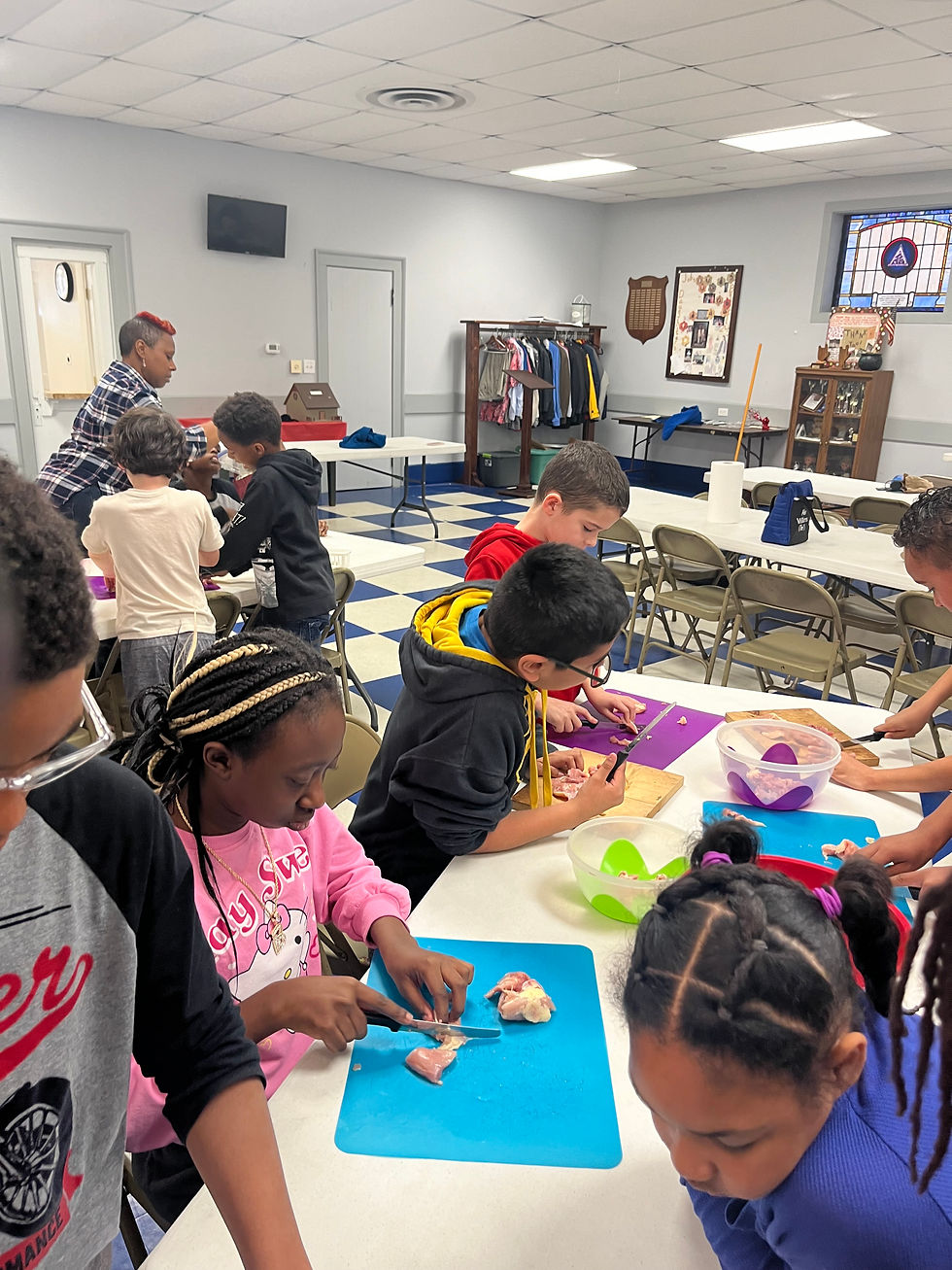Tips for Creating an Effective Lesson Plan
- marva331
- Jan 8, 2024
- 2 min read
Tips for Creating an Effective Lesson Plan Creating an effective lesson plan is crucial for teachers to ensure that their students are engaged, motivated, and learning effectively. A well-structured and engaging lesson plan sets the foundation for a successful classroom experience. Here are some tips to help you create an effective lesson plan: 1. Start with clear objectives: Before you begin planning your lesson, clearly define the objectives you want your students to achieve. What do you want them to learn or accomplish by the end of the lesson? Having clear objectives will guide your planning process and help you stay focused on what is important. 2. Consider your students' needs and interests: Take into account the diverse needs and interests of your students when designing your lesson plan. Consider their prior knowledge, learning styles, and any specific challenges they may have. By tailoring your lesson to meet their needs, you can create a more engaging and inclusive learning experience. 3. Use a variety of instructional strategies: Incorporate a variety of instructional strategies to keep your students engaged and actively involved in the learning process. Use a combination of direct instruction, group work, hands-on activities, and multimedia resources to cater to different learning styles and preferences. 4. Incorporate real-world connections: Make your lesson relevant and meaningful by incorporating real-world connections. Help your students understand how the concepts they are learning apply to their everyday lives. This can enhance their motivation and understanding of the subject matter. 5. Include formative assessments: Build in opportunities for formative assessments throughout your lesson to gauge your students' understanding and progress. This can be done through quizzes, discussions, group work, or individual reflections. Formative assessments provide valuable feedback that can inform your instruction and help you address any misconceptions or gaps in understanding. 6. Allow for flexibility: While it's important to have a well-structured lesson plan, it's also important to be flexible and responsive to your students' needs. Be prepared to adjust your lesson on the spot if you notice that certain activities are not engaging or if your students need more time to grasp a concept. Flexibility allows for a more dynamic and responsive learning environment. 7. Reflect and revise: After delivering your lesson, take the time to reflect on its effectiveness. What worked well? What could be improved? Use this feedback to revise and refine your lesson plan for future use. Continuous reflection and revision are key to becoming a more effective teacher. Creating an effective lesson plan takes time and effort, but the rewards are well worth it. By following these tips, you can create a dynamic and engaging learning experience for your students, setting them up for success in their educational journey.




Comments